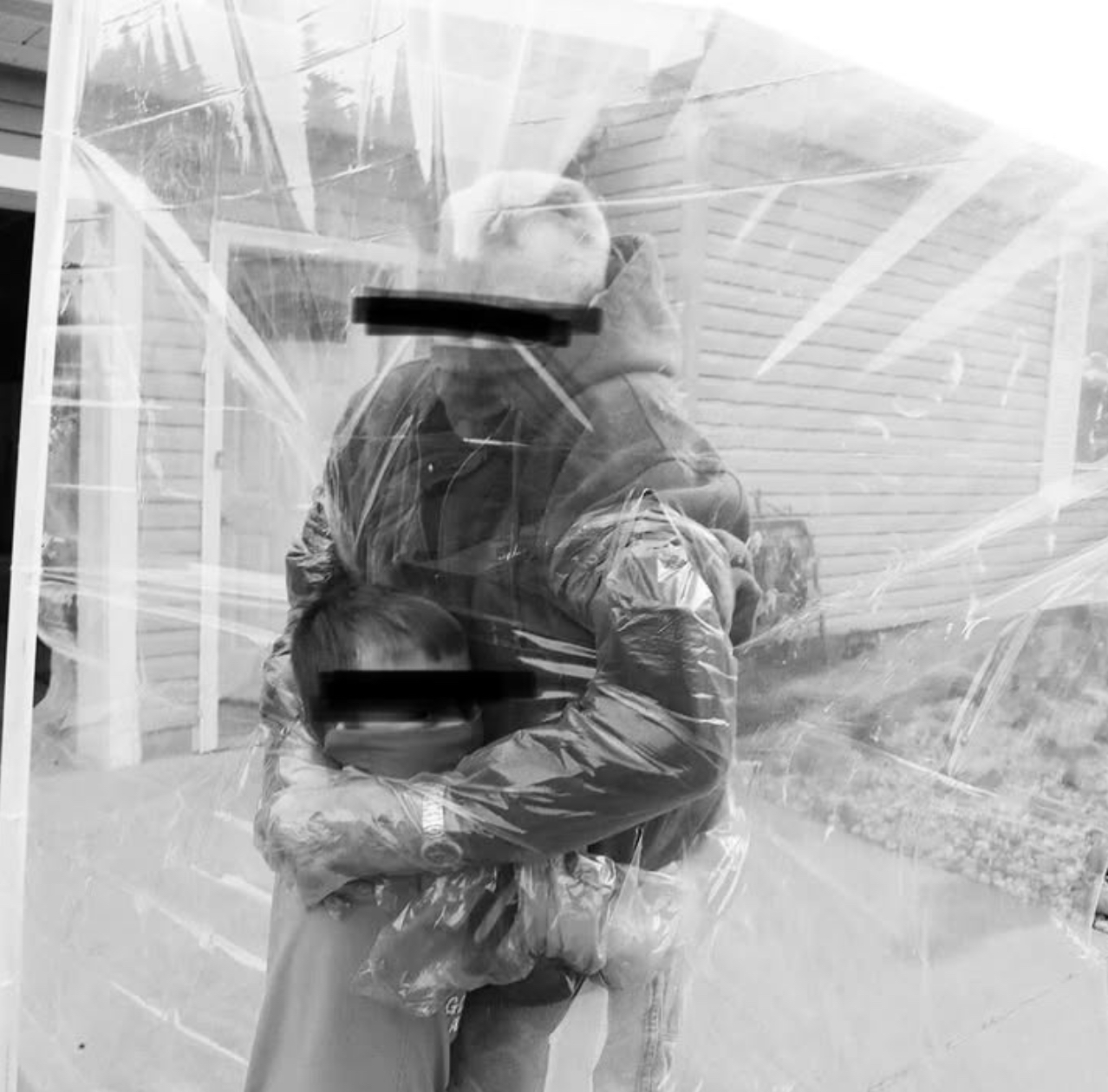“You have the name of being alive, and you are dead.” — Revelation 3:1
Modern man, caught in the drift of noise and ease, thinks he lives but is dead, blind to the truth he has forsaken. —D.
+ + +
Modern man drifts in a fog of numbness, gripped by a sickness he cannot name. He reaches for what he calls progress, but his hands close on air. The world around him gleams with false light, hollow vanities stacked high, a great heap of things that promise much and give nothing. He spends his strength on vague notions, on fleeting joys, on the next thing and the next, never stopping long enough to ask what any of it is for. He has become a stranger to himself, lost in a blackness born from the cold glow of screens—those flickering idols that promise kinship and leave him lonelier than before. His soul, once deep and keen, now floats rootless in the endless shallows of modern life. He is barely alive, though he does not know it.
If he dares, for a moment, to step away from the hum and flicker, the ever-turning wheel of noise, a deep unrest stirs in him. His body moves, his hands work, his mind hums with tasks, but his spirit lies still. He walks, but he is lost. He speaks, but his words have no weight. He thinks he lives, thinks he chooses, but he only follows—caught in the drift, blind to the deeper currents. The dead cannot see or speak to one another. They live and walk, but it is a cadaverous life—seeing without seeing, hearing without hearing.
He has made his home in the surface of things, forsaking the depths. He has traded the old hunger for truth, for meaning, for the raw nearness of God, and taken instead the dull comfort of distraction. The world offers him ease, smooth and endless, keeping him half-asleep, never troubled, never truly awake. And in this blindness, this great forgetting, he is mad enough to think he sees, deaf enough to think he hears, lost enough to think he is found.
